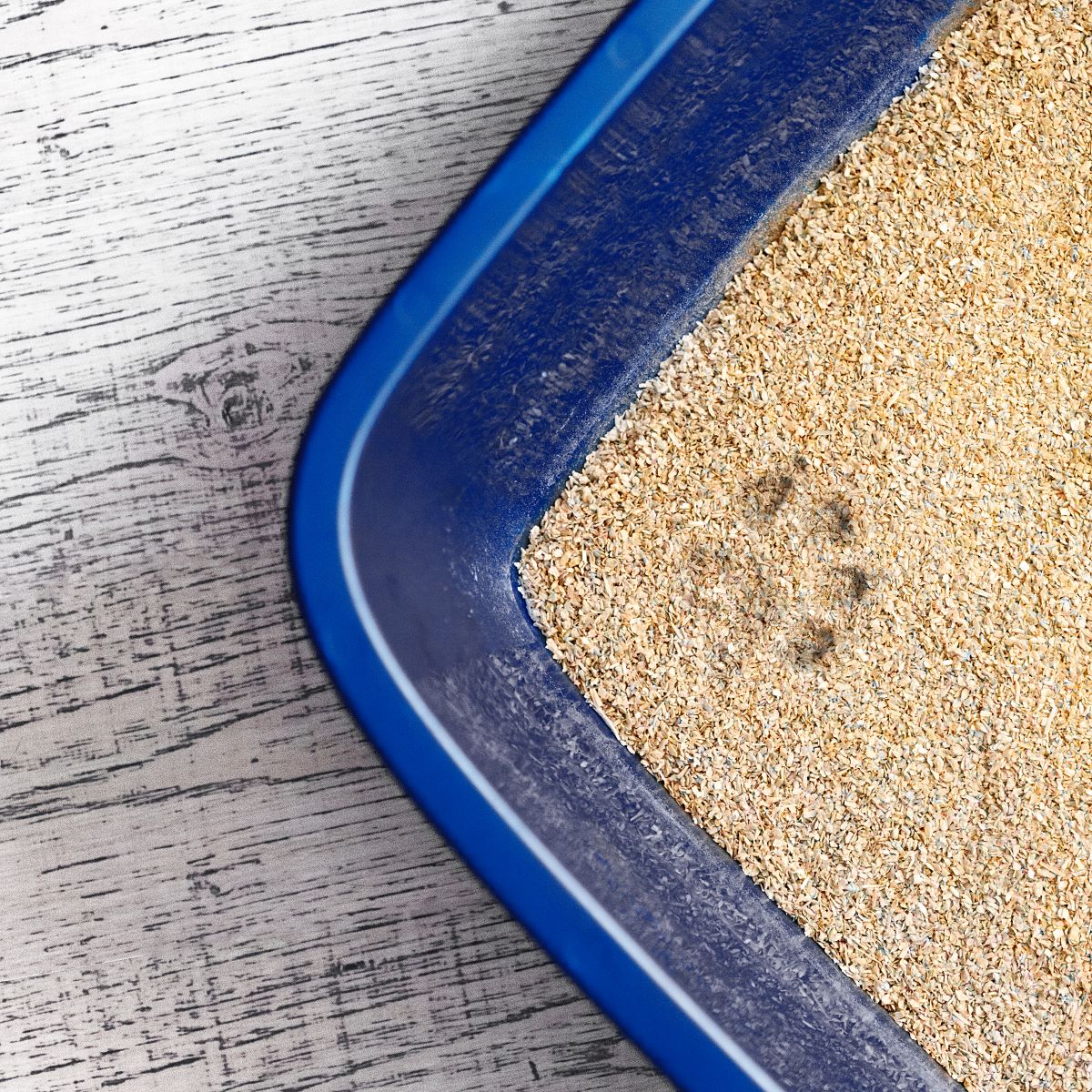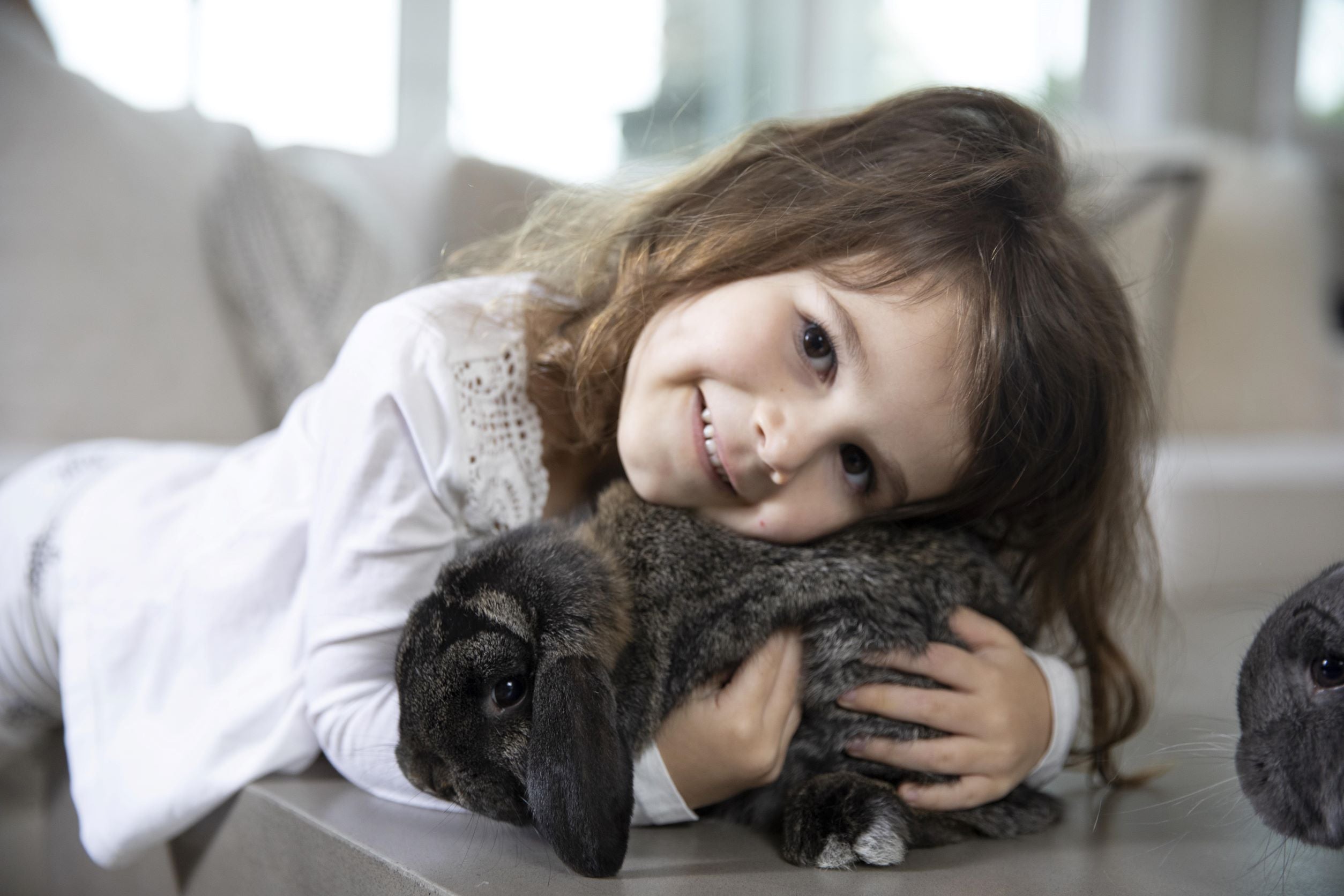
Top 5 Warning Signs It’s Time to Switch to a Chew-Resistant Pet Bed
Cats and small pets interact with their surroundings in all sorts of ways, such as scratching, chewing, digging, or kneading their bedding. While light nibbling or clawing may seem harmless, repeated damage often points to a bigger issue. Torn fabric, shredded filling, and scattered stuffing can be frustrating and may even create safety risks. If you’re dealing with constant bed damage, it might be time to consider a more durable, pet-safe option.
Many cat and small pet owners are discovering that a chew proof dog bed can also work brilliantly for their furry companions. These beds combine comfort with strength, making them ideal for pets that scratch, bite, or dig. Upgrading to one can prevent injuries, reduce the need for frequent replacements, and provide a safe, stable sleeping space.
1. Bed Lasts Only a Few Weeks
If your pet bed starts to break down within days or weeks, it’s more than just an inconvenience. Constantly replacing it adds expense and stress, and your pet never gets a dependable place to rest. Many standard beds use flimsy materials that can’t stand up to sharp claws, small teeth, or persistent digging. Cats and small pets sometimes scratch or chew out of habit or play. If the bed gives in easily, it may even encourage more destructive behavior. A sturdier bed helps break that cycle.
2. Loose Filling Found Around the House
Finding bits of stuffing or foam on the floor signals that the bed has been damaged. This is not just messy; it can be risky. Swallowed material may lead to digestive issues or even require veterinary care. Damage like this often happens when the bed has weak seams or poorly secured fabric. The result is a safety hazard for the pet and a constant cleaning job for the owner. A stronger bed helps prevent both problems.
3. Bed Damaged When Left Unsupervised
Some cats and small pets behave well when you’re around, but chew, scratch, or dig at their bed when left alone. This can be a sign of boredom, stress, or excess energy. Lightly built beds are most at risk during these quiet hours. A chew-resistant bed stands up better to unsupervised wear, keeping your pet safe and your home tidier.
4. Visible Damage Within the First Week
If seams split or fabric tears in just a few days, the bed clearly isn’t built for your pet’s needs. Persistent scratchers, kneaders, and chewers often target edges or corners, which quickly leads to larger rips. A chew proof bed designed with thicker fabric, reinforced stitching, and a stable shape can last far longer, even with daily use by cats and small pets.
5. Pet Prefers Sleeping on Hard Floors
If your cat or small pet keeps ignoring their bed and stretching out on the floor instead, it could be because the bed isn’t doing its job. Maybe the padding is too thin, the surface feels lumpy, or the bed slides around when they move. The floor might simply feel sturdier. A good chew-resistant bed has firm, supportive padding that holds its shape, so it feels comfortable and secure and gives your pet a spot they will actually want to curl up in.
When a bed wears out quickly, leaves stuffing scattered, or becomes a constant scratching and chewing target, it’s time for an upgrade. A chew proof dog bed may sound like it’s just for dogs, but it can be a perfect choice for cats and small pets too. It offers durability, safety, and long service life, helping you cut down on clean-up, protect your pet’s health, and give them a stable, comfortable place to rest.











 email us
email us